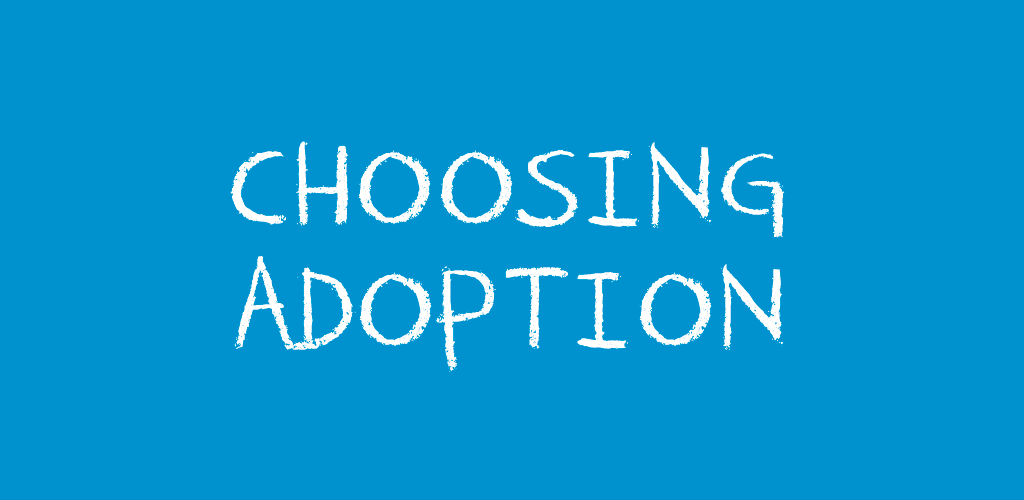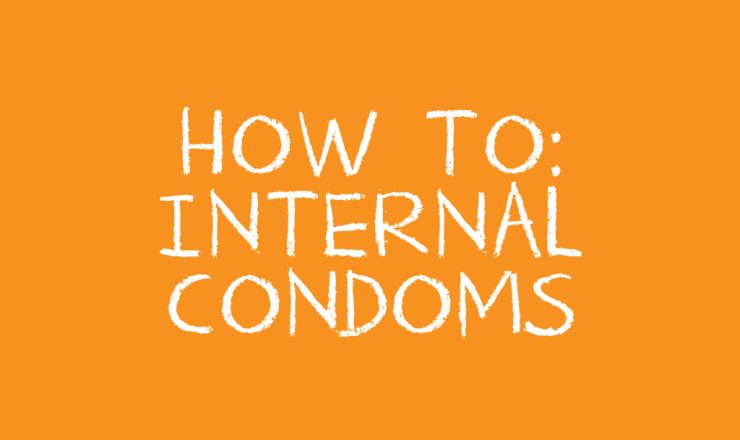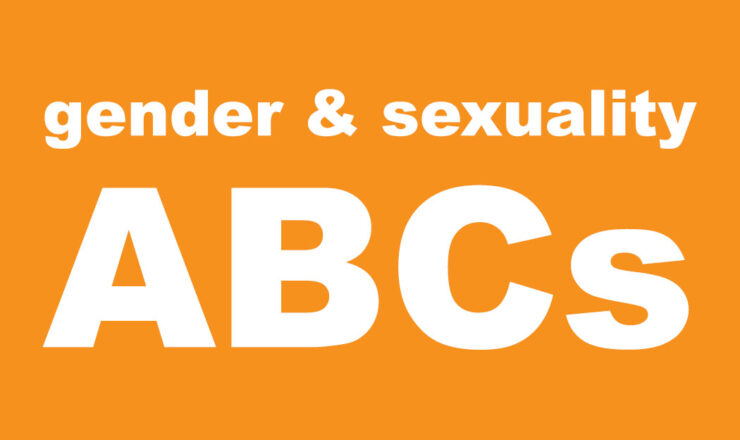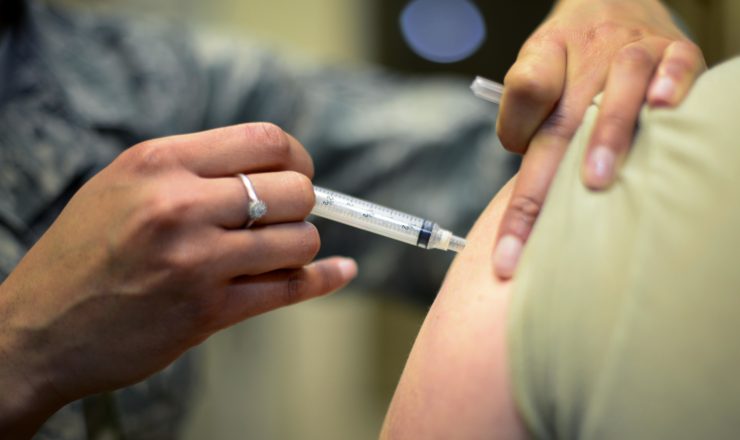Choosing Adoption
What is adoption?
- Adoption is a legal and social process where a child becomes a part of a family separate from that of their biological parent(s).
- In Ontario, any pregnant person can choose to release their child for adoption.
- Anyone over 18 living in Ontario can apply to adopt, including single people, common-law couples and same-sex couples.
Types of adoption
Public Adoptions
In Ontario, public adoptions are arranged through Children’s Aid Societies, which are approved and regulated by the Ministry of Child and Youth Services (see back page for a list). These services are free of charge for you and for adoptive parent(s).
Private Adoptions
These adoptions are done through a person or agency that is licensed to arrange adoptions. These services are free for you, but adoptive parent(s) pay for them.
International Adoptions
These adoptions are done through a licensed non-profit organization. These services are free for you, but adoptive parent(s) pay for them.
Adoption arrangements
You also need to consider what kind of adoption arrangement you would like. The arrangement determines what kind of relationship, if any, you would have with the child after the adoption has been finalized. There are 3 types of arrangements: confidential/closed, semi-open, and open.
Confidential/Closed
- You don’t have direct contact with the adoptive family.
- Non-identifying information about you (such as medical history) may be provided to the adoptive family through a third party (an agency or licensee).*
- Reasons for choosing a closed adoption can include wanting privacy or closure. There is no responsibility to communicate with the adoptive parent(s) or be involved in the child’s life.
Semi-open
- You don’t have direct contact with the adoptive family.
- Non-identifying information about you (such as medical history) is provided to the adoptive family through a third party.
- You can make non-identifying contact with the adoptive family and child via cards, letters and/or pictures, through a third party (an agency or licensee).*
- Reasons for choosing a semi-open adoption can include wanting to know about the child without having to communicate with the adoptive parent(s) or be too involved in the child’s life.
Open
- You and the other biological parent can meet prospective parent(s) in advance if you want.
- You interact directly with the adoptive family and the child. The identities of the biological parent(s) and adoptive parent(s) are fully known to each other.
- Reasons for choosing an open adoption can include wanting to be involved in the child’s life and allowing the child to connect to their racial/cultural background.
| Please Note: |
| For all adoptions finalized in Ontario after September 1, 2008, adopted children can access birth information and adoption records (which include the names of birth parents) when they turn 18. Birth parents or adopted children can apply for no contact notices if they do not wish to be contacted. |
Releasing a child for adoption
When you have a baby you are responsible for registering the birth within 30 days. This gives the child a legal identity and ensures that they can get a birth certificate, passport and other documents.
You can sign a consent for adoption any time after the child is 8 days old, in front of a lawyer. After signing, you have 21 days to change your mind. Between signing the consent and the 21-day limit, the child will be placed in temporary care.
If the other biological parent is not involved
You may not be in contact with the other biological parent. You can talk about this with a counsellor and your licensed adoption professional to decide on the best course of action to address this.
If you are under 18
All decisions related to the child and the adoption are your responsibility and your choice, even if one or both biological parent(s) is under 18. The Office of the Children’s Lawyer will also meet with biological parent(s) who are under 18 to ensure that they are making all decisions without coercion.
| Remember: |
|
For more support/next steps
If you are considering adoption you may have lots of questions. It is important to have a place where you can ask these questions without fear or pressure. If you would like more support or information, or would like to start the process of arranging an adoption, check out these resources:
- PPT’s Case Coordinator can help you understand the options available to you and the different types of adoption, as well as helping to find other resources that fit your needs.
- To see a counsellor for more in-depth decision-making help or to discuss other supports, contact PPT or the Bay Centre for Birth Control (BCBC, 416-351-3700).
- To speak to a counsellor who works with adoptions specifically, to find out more about a specific type of adoption or agency/licensee, and/or to start the process of arranging an adoption:
- for private adoptions, contact a private licensee, listed here: Link
- for public adoptions, contact a local Children’s Aid Society, listed below.
- by calling them to ask questions, you are not committing to a decision.
Children’s Aid Societies/information about adoption
- The Adoption Council of Ontario: adoption.on.ca or 416-482-0021
- Toronto Children’s Aid Society: torontocas.ca or 416-924-4640
- Catholic Children’s Aid Society: torontoccas.org or 416-395-1500
- Jewish Family & Child Services: jfandcs.com or 416-638-7800
- Native Child & Family Services: nativechild.org or 416-969-8510
For a downloadable resource on this topic, please visit Planned Parenthood Toronto Factsheet Database.
If you have questions about this topic, feel free to contact one of our peer educators. [Link]
Last Edited: October 2021






